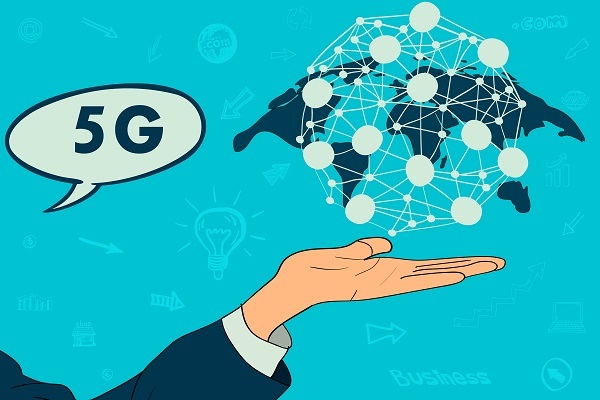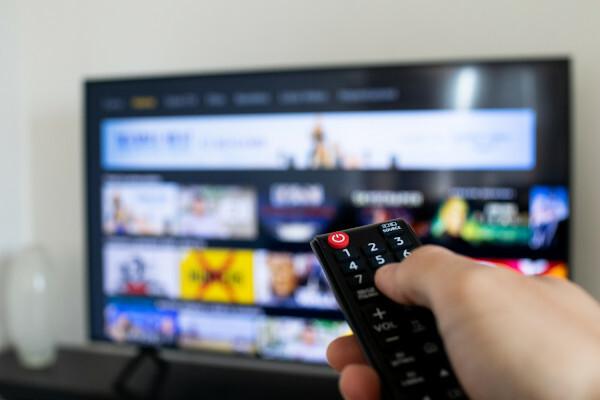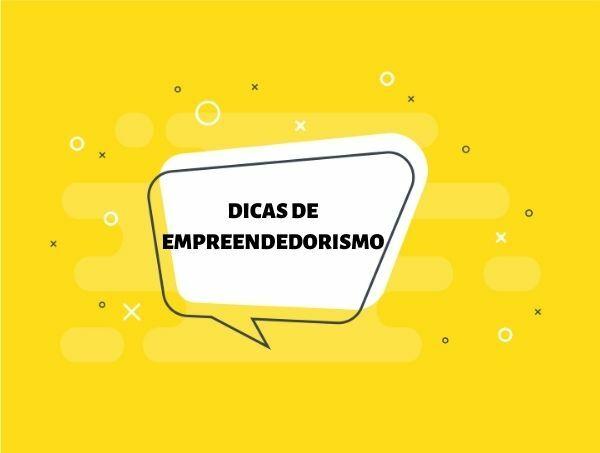Nova Educa is an educational consultancy that will bring tips so that young people can, from an early age, learn to innovate and become an entrepreneur, discovering countless possibilities for building a future promising.
Have you heard about the topic Fourth Industrial Revolution? I believe that, in this period of difficulties, uncertainties and insecurity for humanity, it is important to try to look at which Tendencies have more strength for the future or what behaviors should be impacted with new technologies.
In this article you won't become an expert on the subject – and we'll certainly debate more about it in future content – but we can present it simply what should be your mindset to start a project, app or your startup.
Read too:4 post-crisis business possibilities
1. Where were you born and who invented it?
O German teacher Klaus Schwab launched in 2016 the book "The Fourth Digital Revolution”, in which he addresses the technological revolution that will fundamentally transform the way we live, work and interact. Given its complexity, this transformation will be greater than anything human beings have experienced through disruptive technologies such as robotics, augmented reality, artificial intelligence, nanotechnology,
big data, 3D printing, synthetic biology and Internet of Things. It is important to emphasize that many of these technologies are still in their initial stages and far from reaching their full potential, but, evaluating the final scenario, it is possible to see many evolutions.2. Internet of Things (IoT) | Internet of Things
IoT is one of the main pillars (but not the only one) of this revolution. Briefly, let's present their concept according to Ronan Dunne, president of Verizon: “In the 20th century, the fourth industrial revolution will blur the lines between physical and digital. Everything that can be connected will be connected. Some call it the cyberphysical age.”
try to imagine all equipment connecting to the internet, your refrigerator, sofa, car, table, clothes, etc. To give the most accurate view of the impact, today, when you go out on the street, only your cell phone is connected to the internet. What will happen when all your objects are online, how much information can be received? And what should speed up this process is the 5G. The fifth generation of wireless technology has the potential to, by tuning into a handful of technologies, transform industries in all sectors.

3. Labor market
Every revolution has winners and losers, that is, a adaptation of humanity in this whole process. It is very important to invest in education, structuring science and mathematics teaching based on new values, as well as preparing professionals for a more entrepreneur, not just operational. According to a study published by the World Economic Forum 2016, entitled Future of Work, nearly two-thirds of children who enter primary education will work in jobs that don't exist today.
Do not stop now... There's more after the advertising ;)
4. Video What is the Fourth Industrial Revolution? | CNBC Explains (What is the Fourth Industrial Revolution? | CNBC explains)
I believe images can be worth more than words in this article, so I've selected some videos that simply explain the definition and main concepts of the Fourth Industrial Revolution, but remember that we are just presenting the topic, we will need other content to go deeper more.
Read too: 5 ways to understand entrepreneurship for young people
5. Video The Fourth Industrial Revolution | World Economic Forum
This is the vision of the Fourth Industrial Revolution as per the World Economic Forum, where it literally was presented to the world and impacted the minds of many entrepreneurs, entrepreneurs and leaders who began to seek to better understand the future of humanity.
Note: For videos that do not have subtitles, just activate the automatic Youtube subtitle. If you know English, it's a great opportunity to practice! #We're together
By New Educa
Nova Educa is an educational consultancy focused on developing projects in schools involving Apple Technology, with the implementation of iPads and teacher training. In addition, it also carries out the podcast Nova Educa Debate, with interviews about the educational market and BNCC about entrepreneurship and innovation contents. We will have several consultants collaborating with this column, which will be led by the innovation director, Carlos Coelho, Education enthusiast with experiences in multinational, at Singularity University (California), as a teacher and manager school; and we will have Priscila Coelho, operations director, specialist in educational technology training, creativity and innovation.



